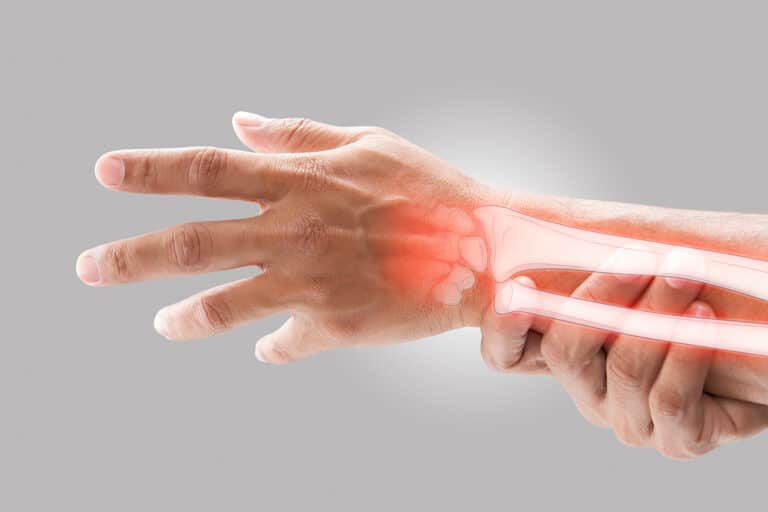Have you ever gazed upon a magnificent architectural structure and marveled at its beauty? Just as architectural masterpieces are held together by firm foundations, our bodies are held together by a different kind of foundation – our bones. Our ‘foundation’ consists of 206 bones, which are responsible for providing shape to our bodies, protection of vital organs, developing and storing blood cells and minerals. As we age, bone mineral density decreases and results in bone brittleness and fragility which can bring in a host of challenges, making it a growing concern for older adults. For seniors, the significance of bone health takes on a vital importance. Thankfully, there are steps one can take to increase bone density and improve overall bone health. Here are several compelling reasons why bone health is exceptionally important, along with tips that can give your bones a boost.
Top Four Reasons Bone Health is Essential
1. Fracture Prevention:
Due to decreased bone density and bone loss, seniors are more susceptible to fractures – particularly hip, spine and wrist fractures. Depending on the type and severity of the fracture as well as the bone health of the individual, average healing times can range from 4- 8 weeks. While falls can be caused by many factors, one of the more prominent reasons is weak bones.
2. Preventing Osteoporosis:
Osteoporosis is a bone disease that develops when bone mineral density and bone mass decreases, or when the structure and strength of bone changes. The main cause of this disease is low calcium intake and poor diet.
3. Pain prevention:
Weak or brittle bones can lead to chronic pain, especially in the spine and joints. Conditions like osteoarthritis and osteoporosis can be both painful and debilitating and maintaining bone health can help reduce the risk of these conditions or slow their progression.
4. Mental Health & Independence:
Healthy bones are the foundation of mobility. They provide structural support for muscles and joints, allowing seniors to stay active and engaged in daily activities. Whether walking, gardening, or spending time with friends, simply having the ability to do these things gives a sense of independence and confidence. The ability to preform daily tasks without assistance contributes to a higher quality of life and mental well-being.
Stay tuned in a couple days for Part Two: Four Tips for Keeping Bones Healthy
- Seeing Clearly: Glaucoma Awareness for Seniors - March 10, 2025
- The Sounds of Life: Hearing Aid Care for Seniors - March 3, 2025
- Save a Life Today!! ❤️ - February 18, 2025








